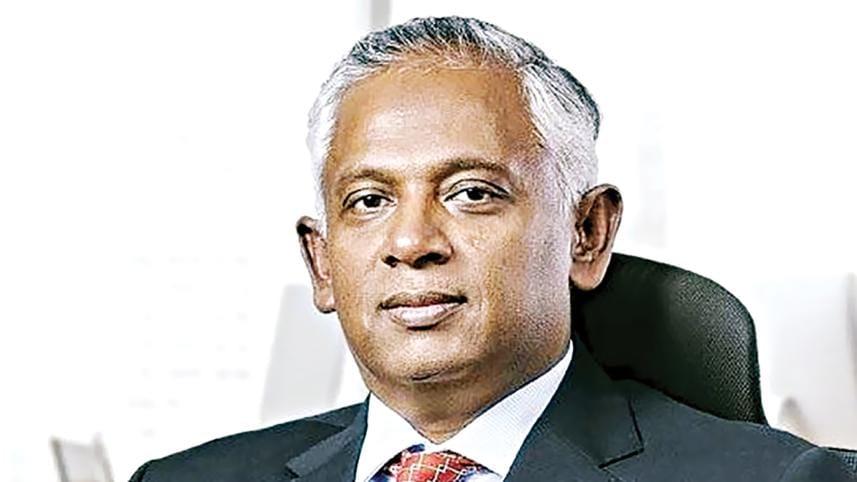Purpose beyond profit

A CEO in Dhaka once gathered his managers and declared with great seriousness, "Our company has only one purpose: to maximise profit." A young executive raised his hand and asked, "Sir, then why does your wife run the CSR committee with a bigger budget than my sales team?" The room burst into laughter, but behind the joke lay a bitter truth: many Bangladeshi companies treat purpose as either a fancy poster on the wall or a side hustle for family members. Meanwhile, the real engine of the business continues to be fuelled by short-term profits and cost-cutting, often at the expense of employees.
This is exactly the trap that one of my favourite Harvard professors, Ranjay Gulati, warns against in his research on "deep purpose." Companies that thrive in today's volatile world are those that anchor themselves in something beyond profit. And for Bangladesh, a country navigating everything from political heatwaves to climate change, discovering and living that deeper purpose is not a luxury; it's a matter of survival.
Global research shows that purpose-driven companies significantly outperform others: consumers are 4 to 6 times more likely to trust and buy from them (Zeno, 2020), 58 percent report more than 10 percent growth compared to 42 percent of non-purpose firms (EVERFI), and employee turnover can drop by 25 percent to 50 percent (MovingWorlds). Moreover, 70 percent of employees wouldn't work without a strong purpose (HBS), yet only 42 percent of firms translate purpose into action (McKinsey), exposing a persistent "purpose gap."
Let's start with our readymade garments (RMG) sector. For decades, it has been our pride and our biggest export earner. However, when the purpose narrowed to just producing cheaper and faster, we ended up with disasters like the Rana Plaza collapse. The world doesn't forget those cracks in the foundation. Since then, factories that embraced a purpose of worker safety, dignity, and sustainability have not only won back orders but also earned reputational dividends that no marketing budget could buy. It turns out that buyers trust a factory that values life more than one that only values the dollar.
The digital economy offers another lesson. Mobile financial services didn't win the trust of rickshaw pullers and garment workers because they plastered the city with billboards. Their real purpose was to bring financial services to the unbanked, and that human-centred mission turned them from a mobile wallet into a national habit. The same is true for health-tech startups connecting rural patients with doctors online or ed-tech platforms teaching coding to village kids. Profit followed because purpose led.
The problem, however, is what I like to call purpose-washing. Too many Bangladeshi corporations are experts in mission statement poetry: "empowering people," "building a better tomorrow," "serving the nation." Beautiful words, but when employees see the boss siphoning off funds, avoiding taxes, or throwing staff under the bus during a downturn, those words sound hollower than an empty ATM on Eid night.
True purpose is not a Facebook post on Independence Day; it is a guiding principle for how you hire, reward, invest, and lead. When a conglomerate decides to go green even at higher costs, or when a CEO keeps workers on payroll during political unrest instead of mass layoffs, that's purpose in action. Many MNCs love to showcase their ESG credentials, but few are willing to bear even a modest incremental cost, often spending more on publicising their brand image than on doing the actual work.
Bangladesh stands at a critical juncture. Cheap labour and borrowed capital may have carried us this far, but they won't carry us into the next chapter. To compete with Vietnam or India, our businesses must become trusted institutions, not just profit factories. Purpose is not charity; it is our best bet for resilience, investment, and long-term success.
Otherwise, we will keep filling plates with "shingaras" of short-term gains, while our neighbours sit comfortably at the feast of purposeful growth, leaving us with oily fingers and empty stomachs. Let's do what is right, not what is easy!
The writer is the president of the Institute of Cost and Management Accountants of Bangladesh and founder of BuildCon Consultancies Ltd

 For all latest news, follow The Daily Star's Google News channel.
For all latest news, follow The Daily Star's Google News channel.
Comments